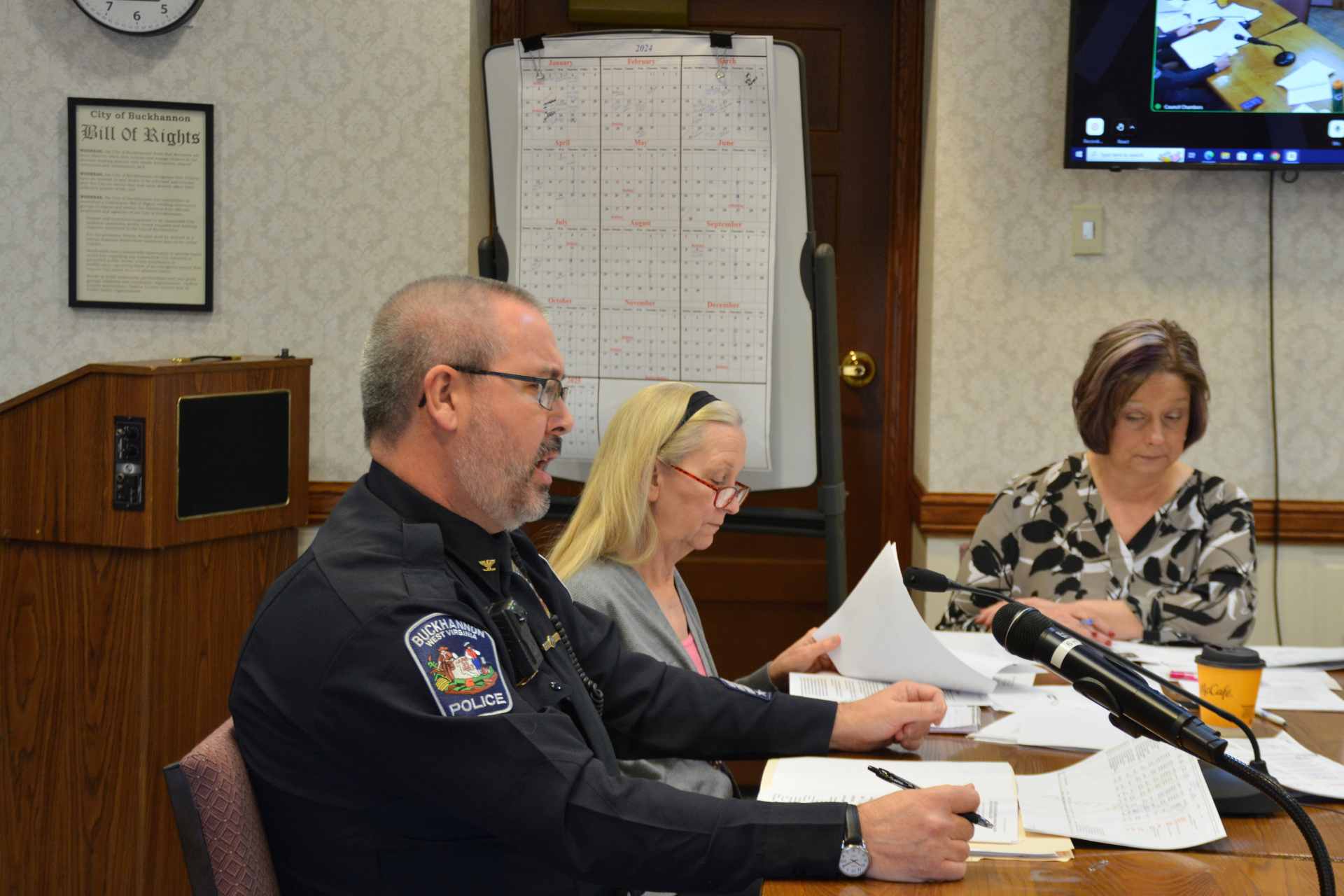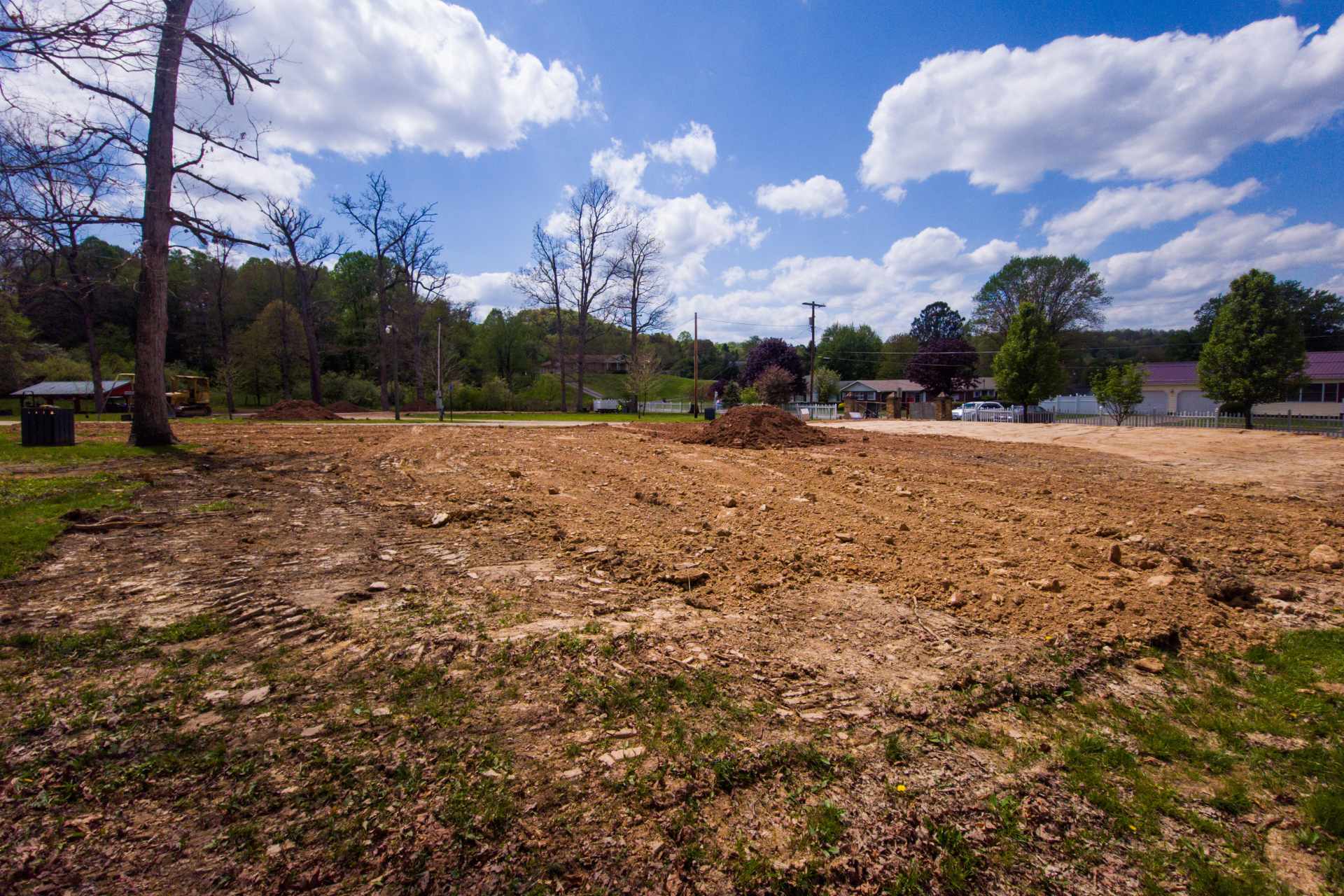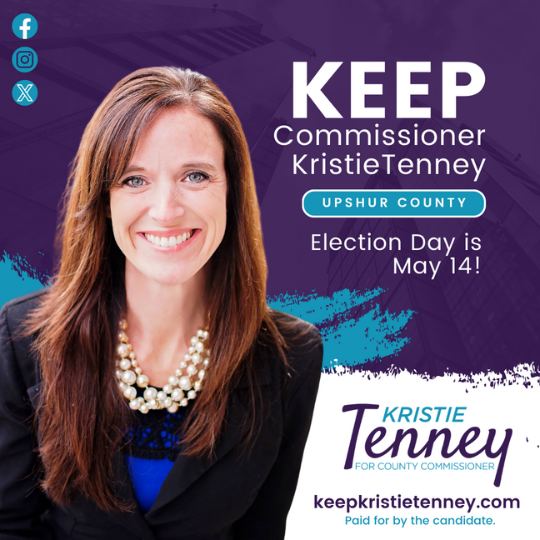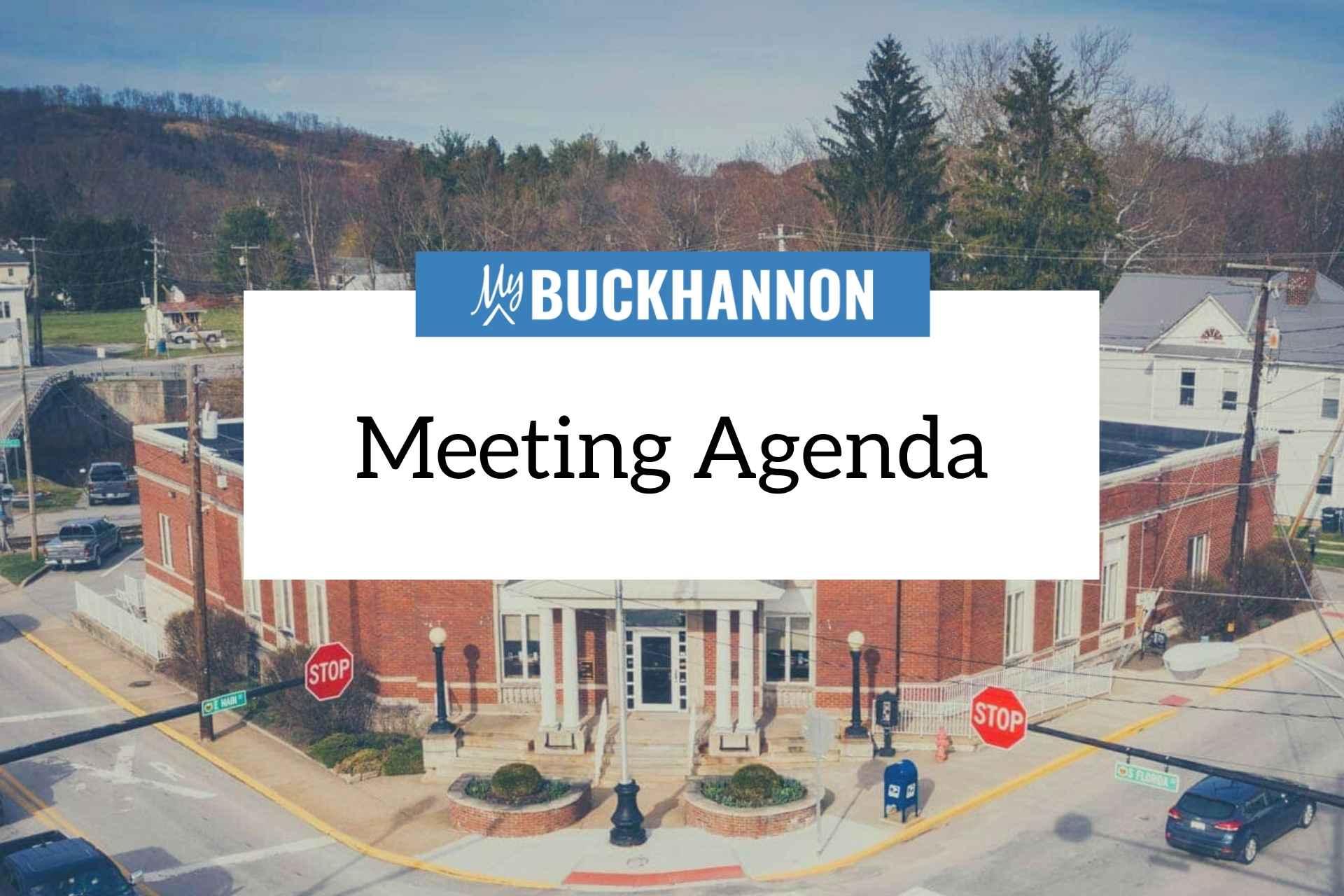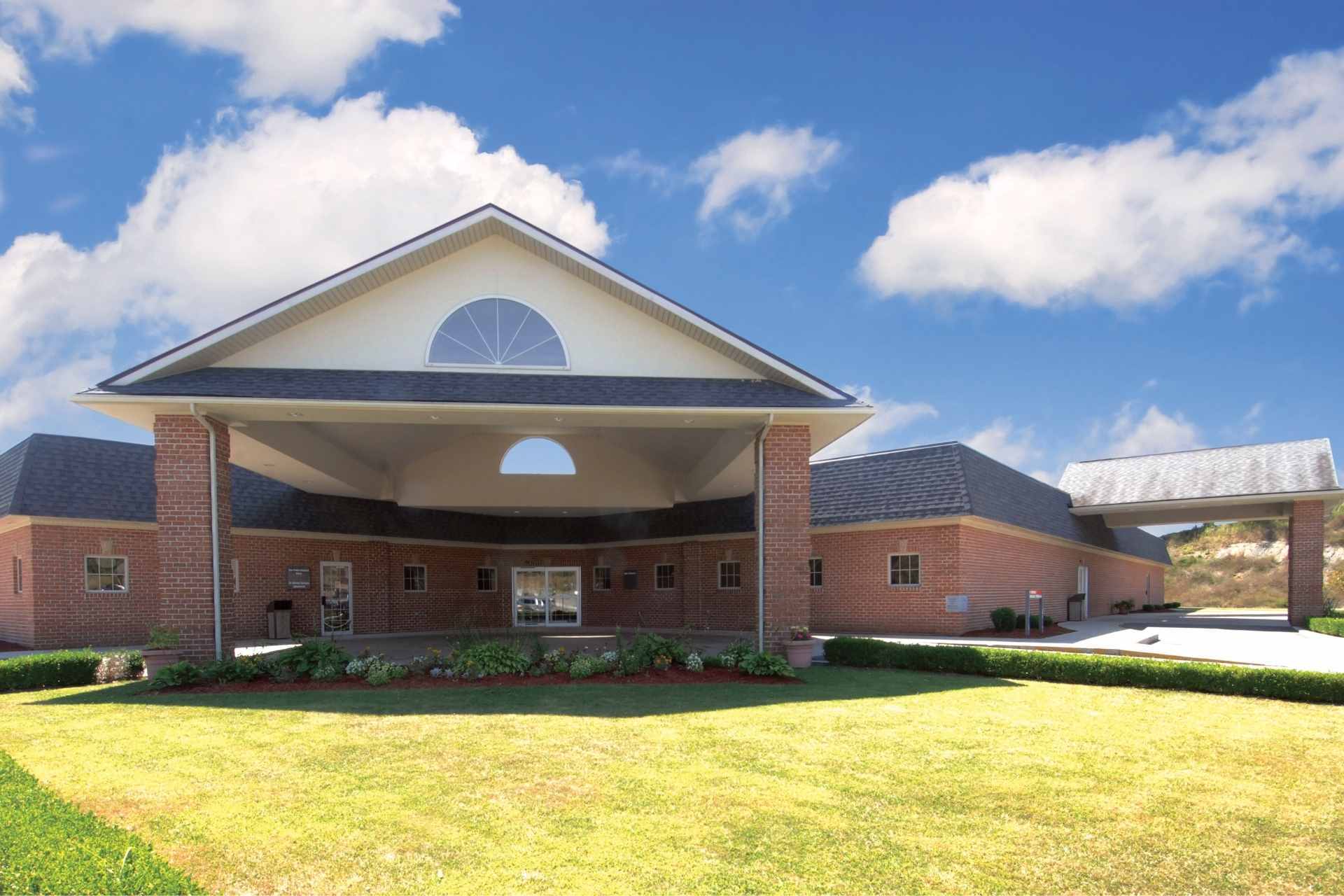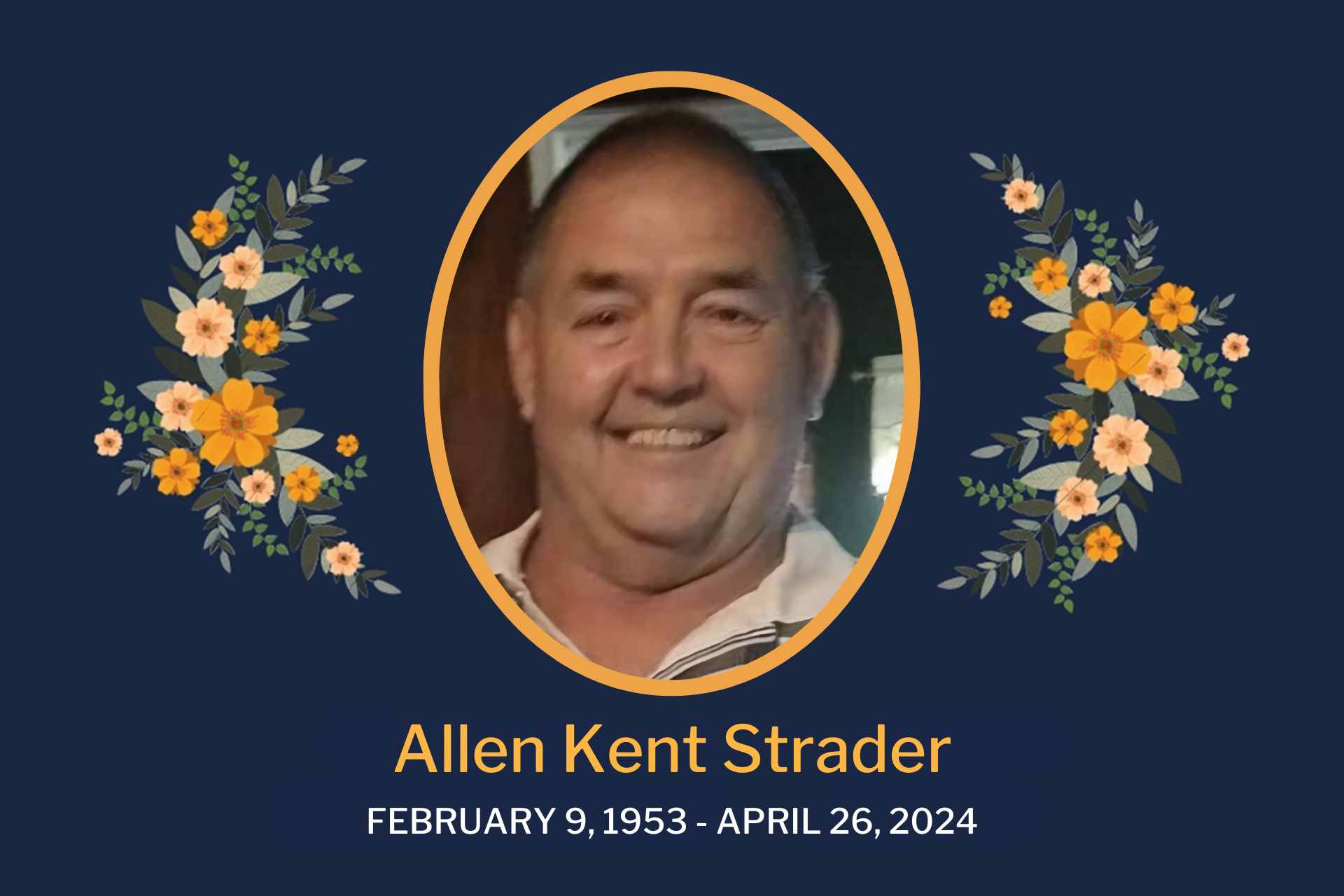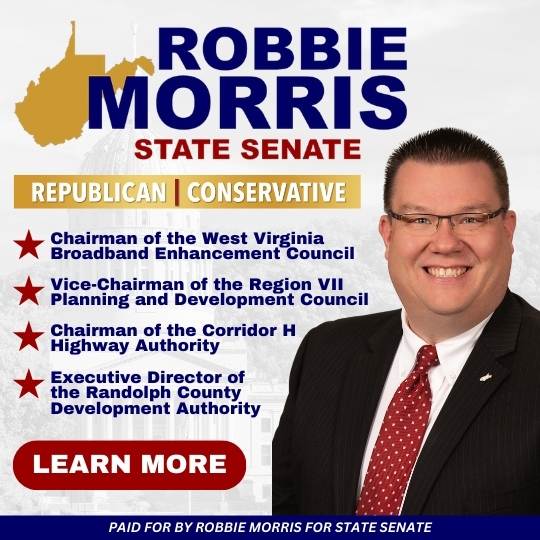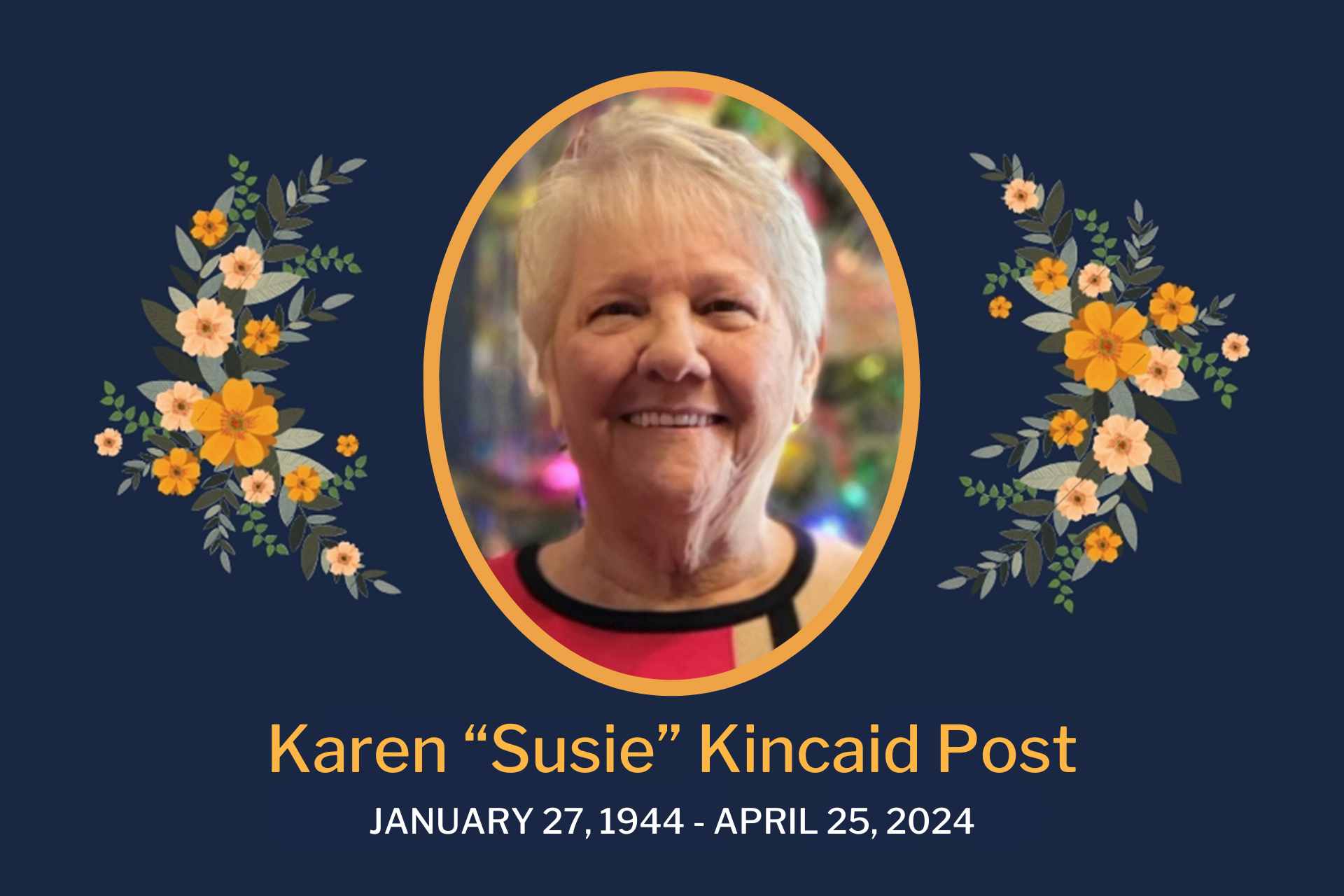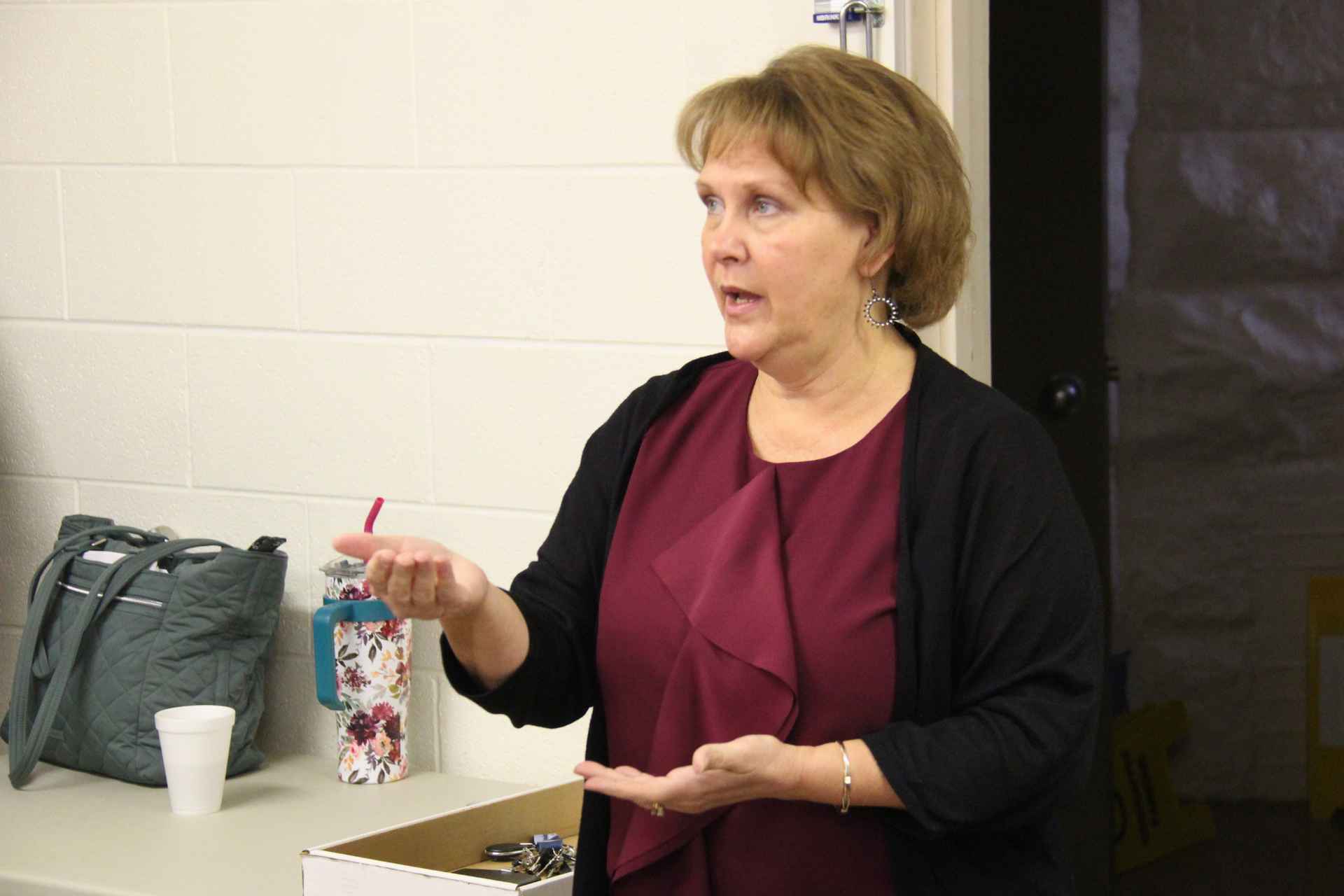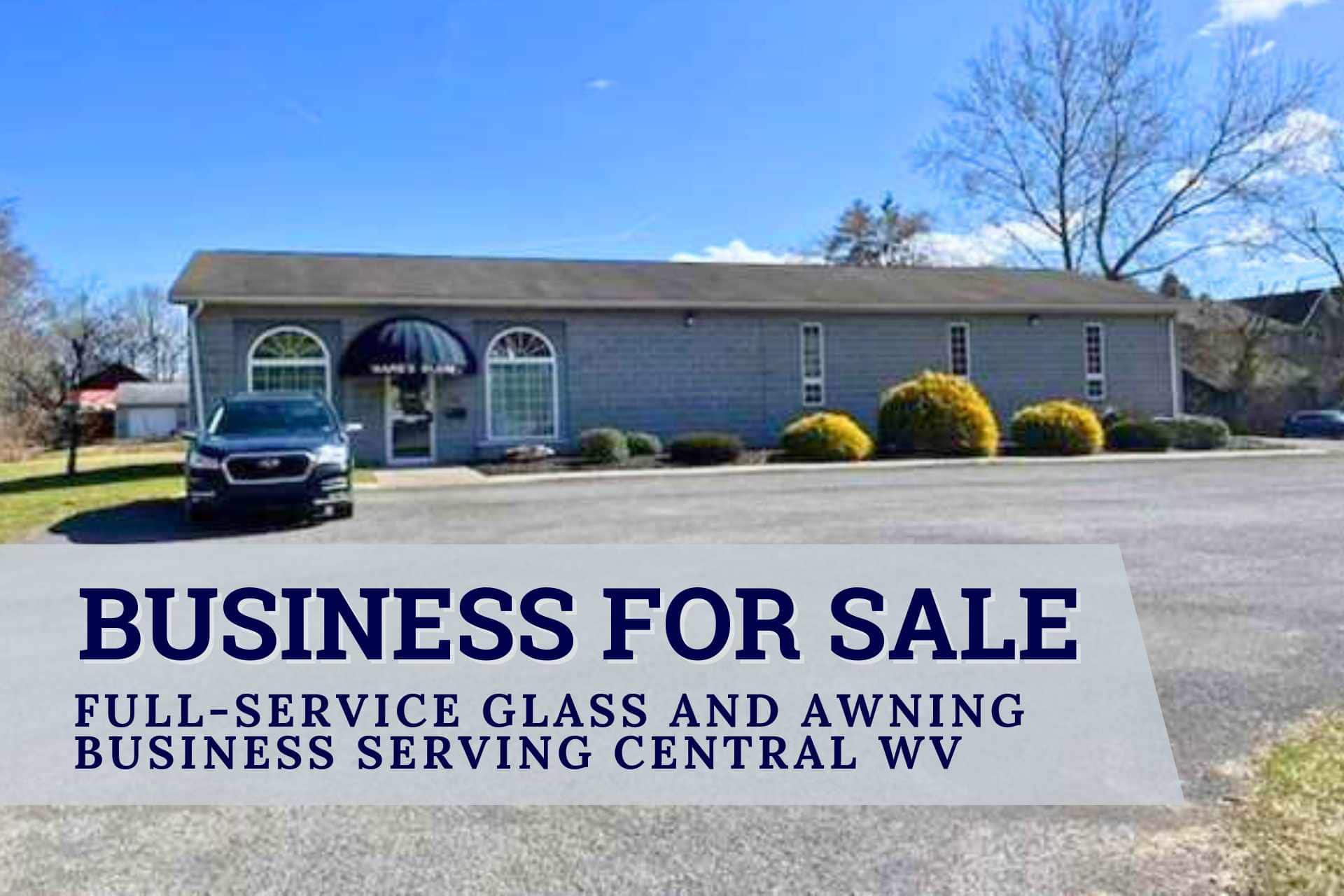BUCKHANNON – City residents will likely see spikes in the police protection and fire protection fees that appear on their monthly utility bills starting in July.
At its March 21 meeting, Buckhannon City Council voted to direct city attorney Tom O’Neill to draft two separate ordinances – one that would raise police protection fees and a second that would raise fire protection fees.
Mayor Robbie Skinner said council discussed the increases at length during its 2024-2025 fiscal year budget workshops in February and March.
“We are in agreement, I believe, that we would like to see some updates to our fire protection service fees as well as our police protection fees,” Skinner said. “So, if that is the direction council still wishes to go, we need to direct City Attorney Tom O’Neill to draft an ordinance to increase the fire protection fee as well as to draft an ordinance to increase the police protection fee.”
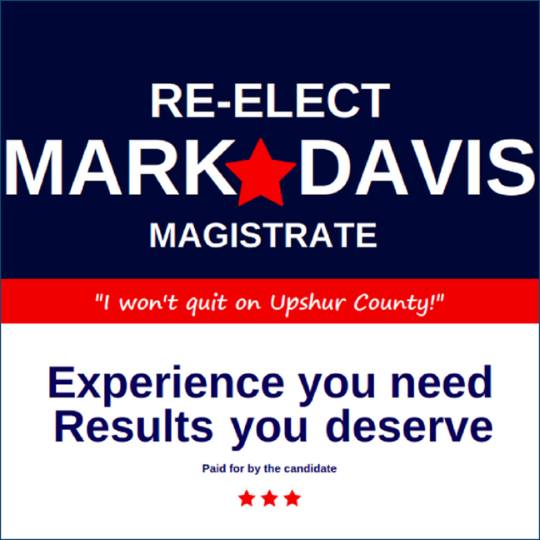
Skinner recommended increasing the fire fee for residential structures from $3 to $7.50 per month, making it $90 per year.
“There would be some adjustment in the commercial [fire protection fee] as well, but it would not be a square footage model as observed by other cities,” Skinner said.
The mayor also advocated for upping the police protection fee from $1.50 per month to $5 per month, meaning each residential household would pay $60 a year.
“That would make our public safety fee in total for residents $150 a year,” Skinner said.
Councilman David McCauley said increases in both fees were long overdue, noting the police fee hadn’t been upped since it was established in the early 1980s.
McCauley also said increasing public safety fees would free up more general fund money to pay for much-needed infrastructure improvements related to streets, sidewalks and parks.
“One of the problems we have, especially with streets and parks, is that more and more of the apple is absorbed by our public safety expenses, so this gives the city the opportunity to address those needs that we hear about all the time from our constituents about street paving and sidewalks,” he said.
“That’s largely what this is about,” McCauley added. “This is not about giving new resources to the police and fire departments – it’s about reallocating money.”
Councilman Dave Thomas said the fees were very reasonable, and Skinner agreed.
“We’re bringing our fee structure in alignment with our neighbors … and in fact, [the new fees] would still be under a little bit from what our neighboring communities charge,” Skinner said
Council voted unanimously to direct O’Neill to begin drafting the ordinances, telling the city attorney they want both fee increases to take effect July 1, 2024. Skinner noted the ordinances would require three readings and a public hearing since they are fee-related.
Thomas said he’ll continue to advocate for the implementation of a first-due fire fee, and during one of the city’s two fiscal year 2024-2025 budget workshops March 12, council members said they were considering enacting a first-due fee this calendar year.
A first-due fee would apply to residences and commercial entities that are inside the Buckhannon Fire Department’s primary territory but outside of city limits – for example, the Tennerton area.
In the past, instituting a first-due fee – which the city has been discussing since at least 2021 — has never made it past the planning stages. However, facing waning volunteerism and higher fire training standards, the mayor said he now supports the fee due to safety concerns.
“I believe our council is at a point where we support this (a first-due fee); I support this as mayor,” Skinner said during the prior budget session. “We have to take the steps to make sure that our fire department is able to serve our community in the best way possible.”
But at that March 12 budget workshop, Skinner insisted the city increase its own fire protection fee – fees charged to residences/businesses inside municipal limits — before instituting first-due fees because first-due fees are based on city fees.
“We need to do that first [increase city fire fees first] so that we can properly charge the first-due area with the right amount,” Skinner said at the time.
While 60 percent of the BFD’s calls for structure fires are in the city, the other 40 percent are outside city limits, according to a prior story, so some council members have been adamant that county residents in the BFD’s territory should pay a first-due fee to the city.
However, because of how Upshur County’s population is distributed — with Buckhannon as its nexus and most county residents living in the surrounding area – a first-due fee would impact how much funding the county’s other six all-volunteer fire departments receive.
Currently, residents beyond the bounds of city limits pay a flat yearly $25 fee, while city residents now pay $3 a month or $36 annually. This means that if a first-due fee were instituted, residents in the BFD’s ‘first due’ area would no longer be paying a $25 county fire fee to the Upshur County Fire Board, but rather a first-due fee to the city.
At the budget meeting, Buckhannon Fire Chief J.B. Kimble noted the Weston Fire Department is implementing a first-due fire fee for the first time, and Elkins, Philippi and Bridgeport have already instituted first-due fees.
“We’re the last populated municipality that hasn’t really pushed for that,” Kimble told council.
